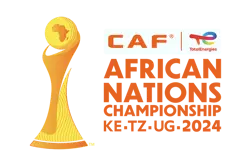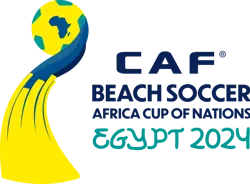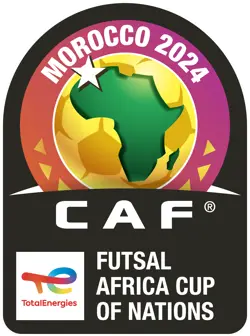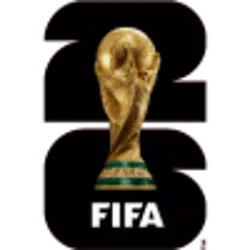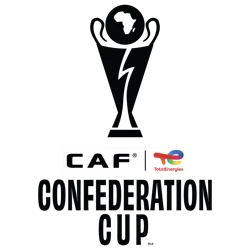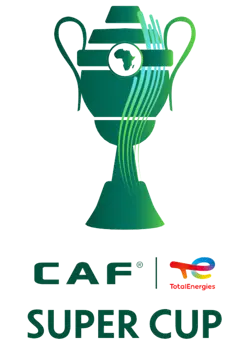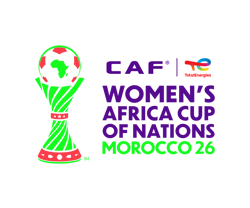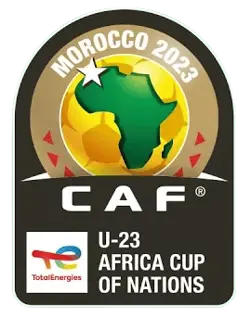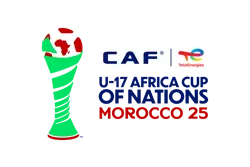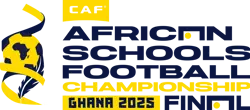Youssouf Mulumbu (DR Congo): “This is a very cohesive Leopards generation”
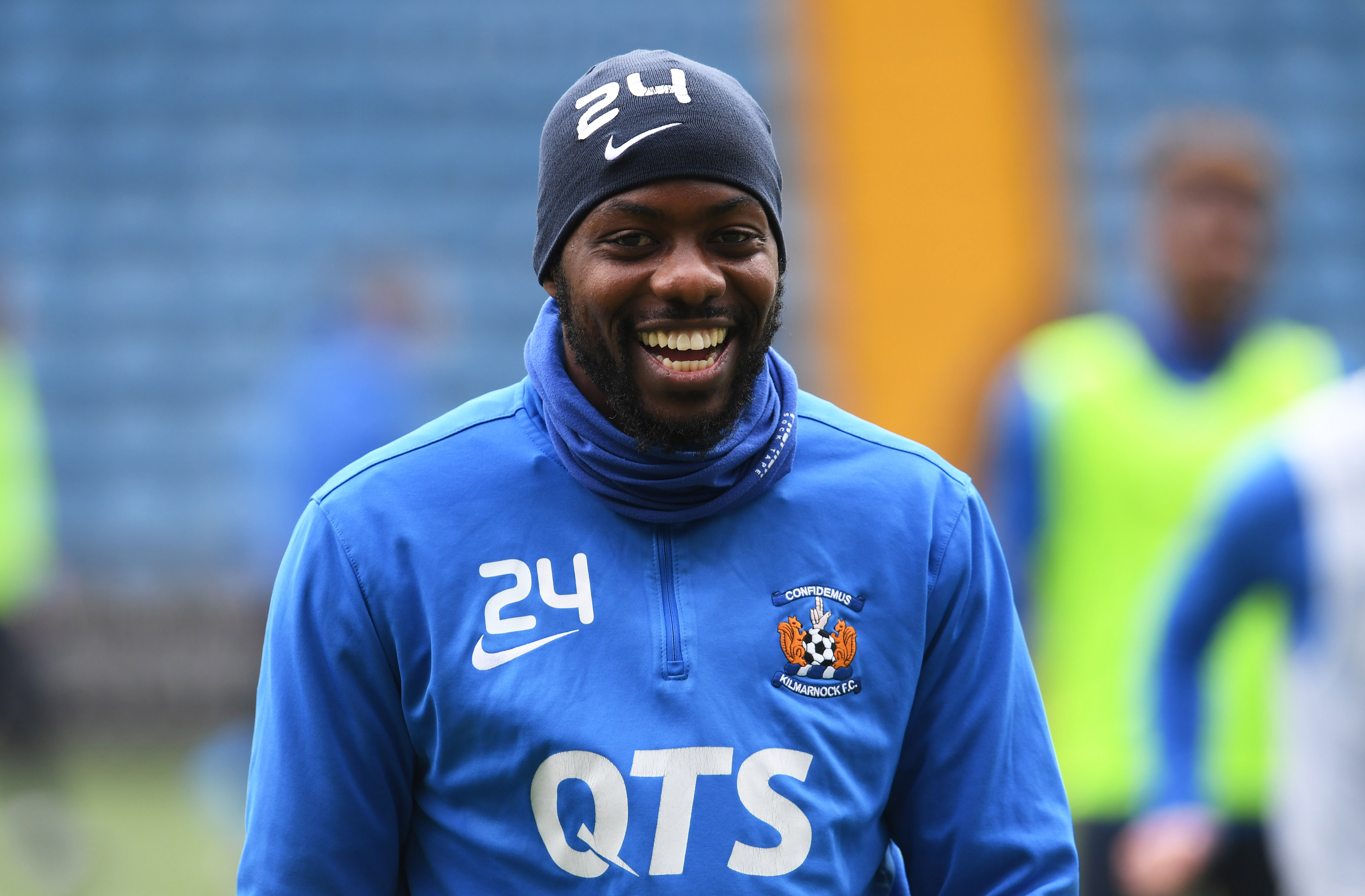
- Former Leopards captain and a respected figure in Congolese football, Youssouf Mulumbu embodies the generation that restored pride to a nation at AFCON 2015, capped by a bronze medal.
- In his words, the former Paris Saint-Germain, West Bromwich Albion and Celtic midfielder offers a clear-eyed reflection on the evolution of Congolese football.
- Now an author, Youssouf Mulumbu speaks with the pen. In his novel Talo, he blends philosophy, social conscience and love of Congo.
For Youssouf Mulumbu, the bond with the Democratic Republic of Congo stretches far beyond football. It is visceral—rooted in the pride of representing his country and the responsibility of embodying a generation that rekindled hope.
Captain of the Leopards at the TotalEnergies CAF Africa Cup of Nations (AFCON) 2015, the Bumbu-born leader—hailing from a commune in the south of Kinshasa—made history by guiding DR Congo to a bronze medal, a symbol of collective renewal and total commitment.
He still ranks that moment among the most powerful of his career: the triumphant welcome at N’Djili Airport, the smiles, the popular jubilation. Football, as a balm for a country’s fractures—an engine of unity and joy.
Ten years on, Mulumbu watches the new generation with admiration and clarity. He sees a more cohesive, solid team—able to defend rigorously and strike decisively, notably with a consistently decisive Cédric Bakambu.
He views it as continuity of the collective work begun in his time, but also as a promise: a DR Congo now capable of targeting the 2026 FIFA World Cup (note: the team will contest the African play-offs from 13 to 16 November in Morocco).
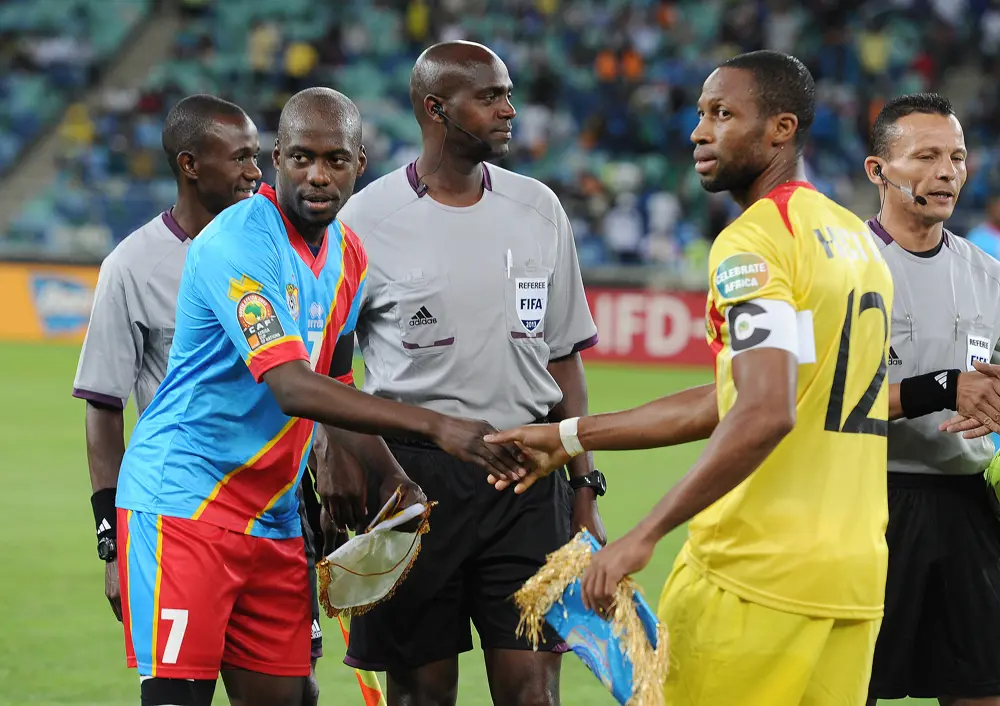
For him, the key lies in mentality—the conviction that the Leopards are on the same level as the continent’s heavyweights.
In this interview with CAFOnline.com, the former PSG, West Brom and Celtic player speaks frankly about the Leopards’ transformation, Chancel Mbemba’s leadership, the team’s prospects of reaching the 2026 World Cup, and his second life as an engaged writer through his novel Talo. Below is the interview:
![]()
CAFOnline.com: When you think back to TotalEnergies CAF AFCON 2015 and that bronze medal, what is the strongest memory that comes back to you?
Youssouf Mulumbu: The strongest memory is our arrival at N’Djili Airport in Kinshasa after that AFCON. The smiles on people’s faces, the joy, the festive mood… It’s one of the most striking moments I experienced with the Congo national team. Of course, you always want to relive those moments. We know that, when the country is going through fragile periods, football—and sport in general—can bring joy and pride to the Congolese people.
What did wearing the DR Congo shirt represent for you when you were captain?
For me, it was more than love: it was a mission. A mission of rebuilding. When I joined the national team, there were many gaps. We had to rebuild and show that playing for a professional club didn’t stop you from coming to defend your country’s colours. My aim was to represent DR Congo well internationally. That’s why we were desperate to win a medal or qualify for the World Cup. It did not happen then, but I remain hopeful: this generation can do it for 2026.
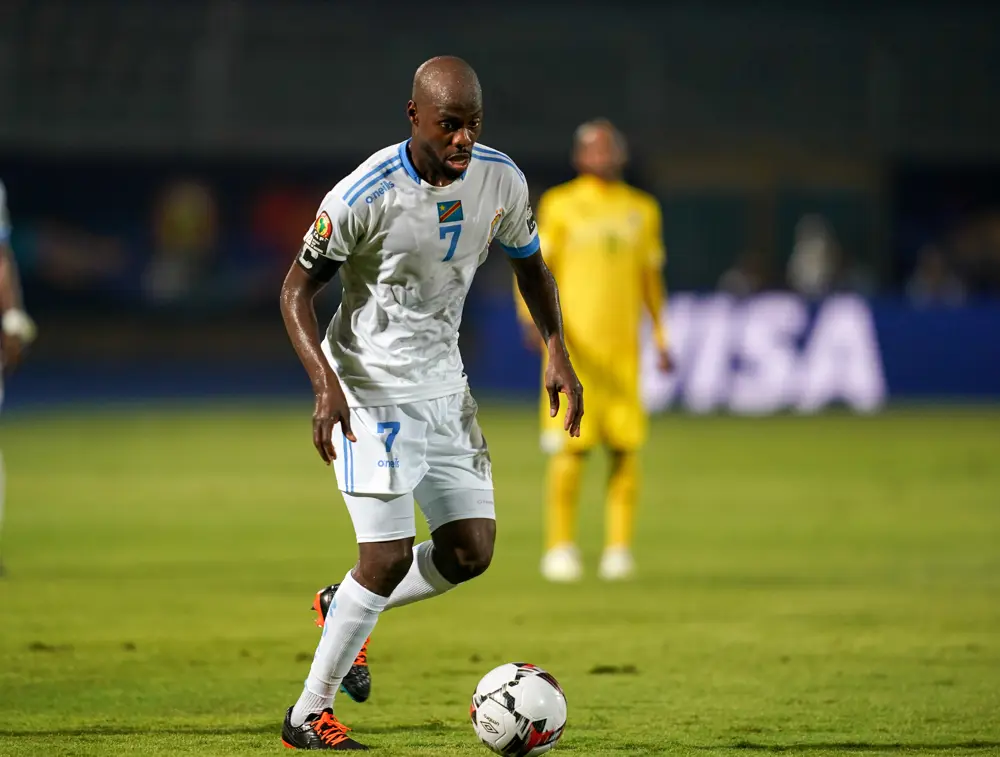
If you had to draw a parallel between your generation—the class of 2015—and today’s, what would it be?
I wouldn’t say our generation was more talented, but it had more individual standouts. Today’s group, by contrast, is more cohesive and tightly knit. You can see it: defensively the team is solid and concedes few goals. And on the counter, with Bakambu on a big day, it always hurts. Back then, we relied more on individual exploits. Today, it’s a smart, organised team unit.
DR Congo’s first opponents will be Benin, Botswana and Senegal. What are your impressions?
We have a point to prove against the Teranga Lions—always in the right spirit, of course. First, congratulations to Senegal for qualifying for the World Cup; it’s deserved. That match will be a symbolic rematch. We matched them during qualifying. Benin narrowly missed qualification, but if they led their group for so long, it shows their quality. All African teams have progressed and professionalised. We must be wary of Benin, Botswana—everyone. There are no more “small teams” in Africa. And at the last AFCON, few expected Congo to shine. We showed up. I think the AFCON in Morocco will be a confirmation tournament for this group.
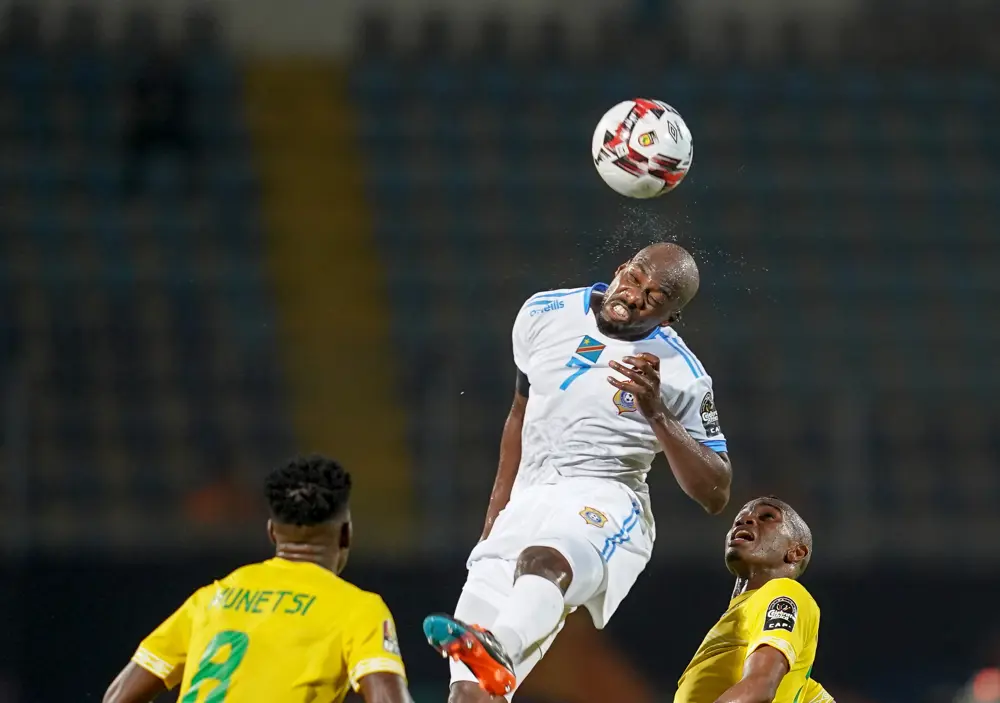
In your view, what does DR Congo need to take the next step and reach another AFCON final?
Mentality! We must convince ourselves we are at the same level as the continent’s giants and that we can go and win AFCON. Not reaching the semi-finals in the years before the last AFCON unsettled us a bit. The team changed a lot and rebuilt. But today, coach Desabre has done huge work. We almost have the same core as at the last AFCON. The players are motivated and want to make amends for that elimination. Tactically and offensively, we have arguments. Now we need to strengthen the mental and psychological aspect.
From captain to captain, how do you assess Chancel Mbemba’s leadership?
Chancel is different from me. I was a vocal, expressive captain. He speaks with his actions on the pitch. If I had one piece of advice, it would be to speak more one-to-one with players—to understand what motivates them and what blocks them. Those details often make the difference in a tournament. It’s what I tried to do myself.
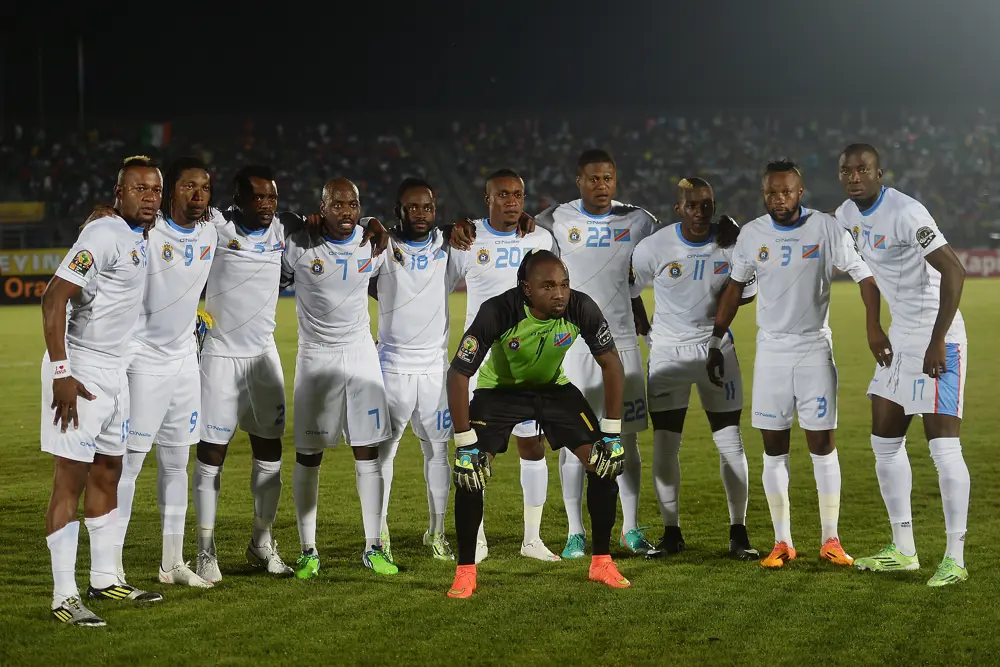
In your opinion, what are DR Congo’s strengths for the next AFCON?
Our defensive solidity—we concede very little. And that verve, that festive football that has always defined Congo. We’ve had artists like Trésor Mputu, Mbokani or Matumona Roum. Today, we have players like Yoane Wissa or Cédric Bakambu. It’s up to the coach to give them the freedom to express themselves.
You are now a writer. What motivated you to write Talo?
It’s my first novel. I express my attachment to my roots and my country. The situation in DR Congo concerns me deeply, and writing allowed me to express myself differently. It is also a reflection on our times: we all use computers, phones, electric cars… Are we complicit in the injustices surrounding the extraction of resources needed to make them?
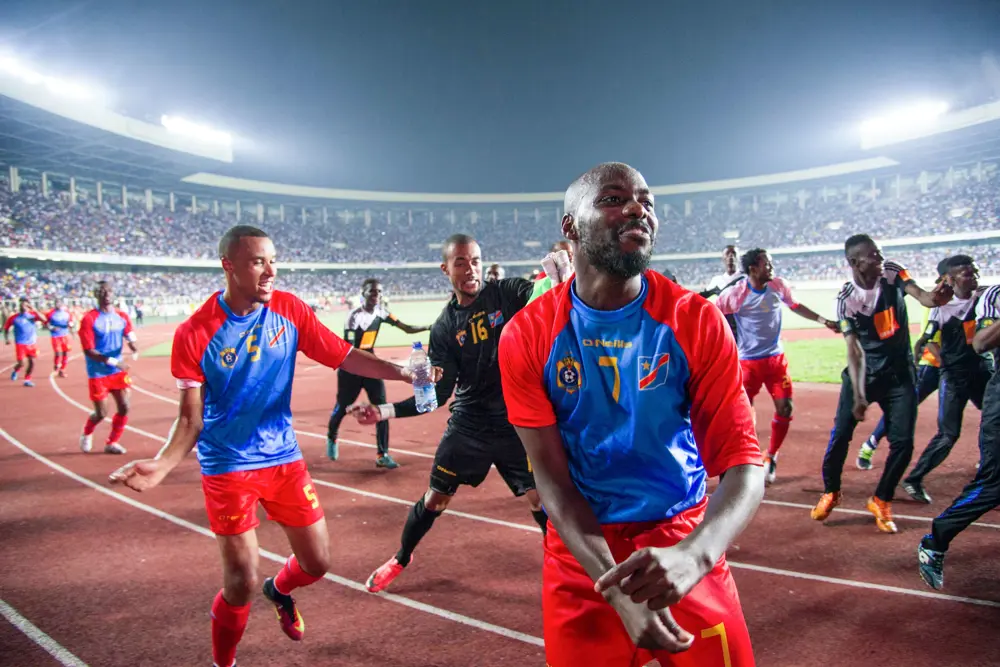
Why did you choose the title Talo?
Talo means “value” in Lingala. Through this mysterious stone, I wanted to show that we are all connected by technology. It was a form of therapy for me, a way to question our humanity and to shine a light on those who suffer in conflicts. I was fortunate to be supported by the publisher Jets d’Encre. We built a story between fiction and reality, accessible to all.
What did you discover about yourself while writing this book that you didn’t know during your playing career?
It’s very different from football. You work intensely with the mind. I discovered in myself a lot of perseverance and a real passion for literature. Sometimes you need to be poetic, precise in your phrasing. I discovered another side of my personality. And I enjoy seeing how the book is received and critiqued. I’ve had my share of criticism as a player, so I’m ready to receive it as a writer, too.
Finally, what headline would you like to read in the newspapers after AFCON?
The Leopard’s Awakening.

